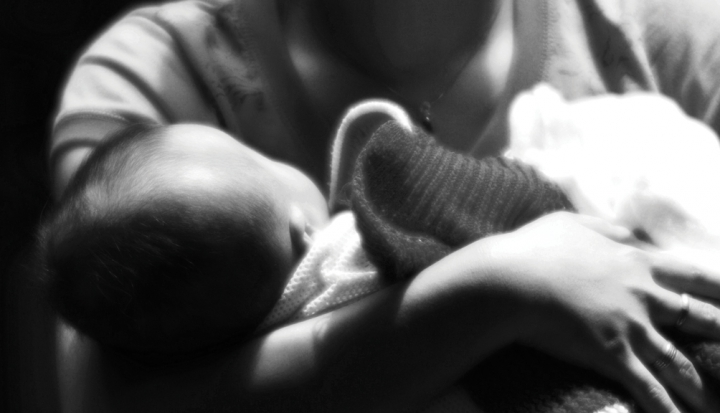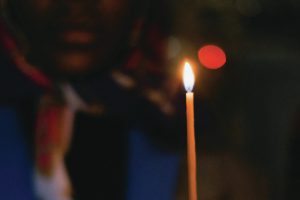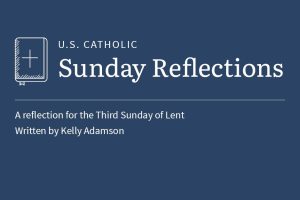Certain events in our lives get burned into our memories and become a part of us. Often these events happen at beginnings and endings: births and deaths. Perhaps because of the definitude of those moments, we recognize them as utterly important and crucial.
I had one of those moments when I was working as a chaplain in a pediatric trauma center several years ago. My pager went off toward the end of my shift and I headed to the intake bay, where the ambulance would arrive. The protocol, when there was an incoming trauma, was that all personnel involved in trauma response would gather outside the room: doctors, nurses, phlebotomists, radiologists, and, yes, chaplains. Those moments before the patient came through the doors of the hospital were always charged with the kind of stillness that happens right before lightning strikes.
I felt utter surprise when I saw not an ambulance but an old, beat-up car pull up to the glass doors. A woman holding a bundle of blankets stumbled out of the front seat. Gradually I realized that the bundle of blankets was the patient. At that point, the stillness of waiting exploded into action. But I was a chaplain, and my job was to wait. I led the family to the area dubbed the “family waiting room,” a place reserved for the most dire cases so that mothers and fathers do not need to sit in the general waiting room with their grief and worry on full display.
The bundle of blankets was a 6-year-old boy who died that day. And while I do recall very distinctly many medical details of his case, what I remember most was waiting with his family. His mother and father spoke no English. I speak very little Spanish. But it did not take a spoken language for me to know what this father was saying. As soon as we entered the family waiting room, his rage had become palpable. He began yelling, although he was not yelling at me. His oldest child—the only person in the room who spoke both English and Spanish fluently—translated for me. Police ignored their neighborhood. Many people who lived in the neighborhood were undocumented immigrants. Motorists drove fast through the neighborhood without noticing that there were kids playing around the street. Despite many calls to the police about this behavior, no one tried to help. This father, in the midst of his rage and grief, told me and the universe that this country did not care about his son—the bundle of blankets who lay dying on a gurney down the hall.
Immediately following the 2012 elections, talk of immigration reform was everywhere. It became, ever so briefly, a bipartisan issue. Then, as soon as there seemed to be some forward motion, it became a politically dicey topic again. Skittish politicians claimed that they would wait until after primary season. No, wait—after the midterm elections.
What has become apparent to me is that no season is a safe season for the people in power to pass immigration reform. Which is why we, as people of faith, must do more work to show that when we speak about immigrants—undocumented or not—we are talking about children of God.
Each time I read about immigration reform in Congress these days, I think about that bundle of blankets and his father, overwhelmed with grief and rage, knowing that he had been abandoned by a country that has carved into its shores, “Give me your tired, your poor.” The problem is not merely a political one: It is a human one. The problem is an utter failure to fight for the dignity of people who come to this country seeking opportunity or safety only to find that their children get run down in the streets of their own neighborhoods.
We are called, each of us, to preserve and defend the basic human dignity of our brothers and sisters in this world. We can’t leave it to the politicians. If we dare to call ourselves Christian, we had better be ready to live up to the name of the one who gave up his life for his friends.
This column appeared in the December 2014 issue of U.S. Catholic (Vol. 79, No. 12, page 8).
Image: ©iStock/perror















Add comment